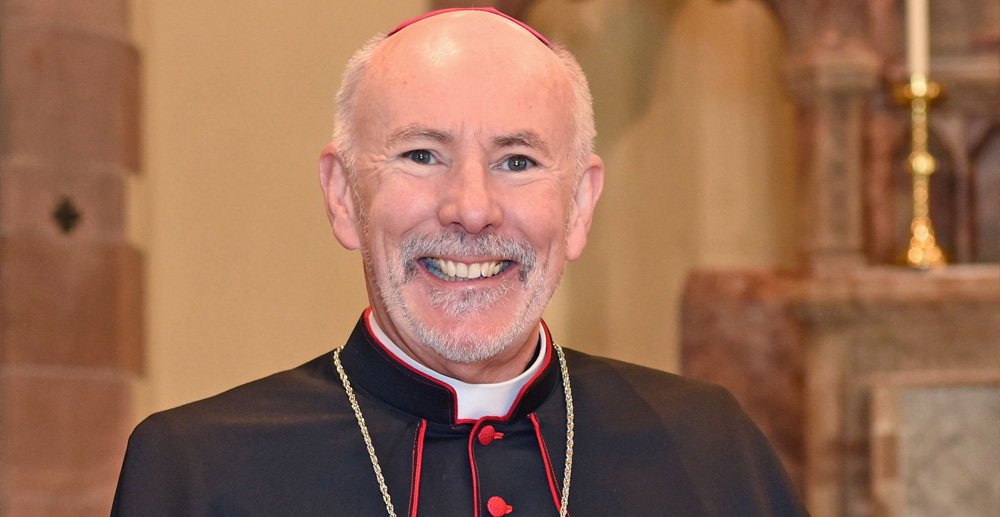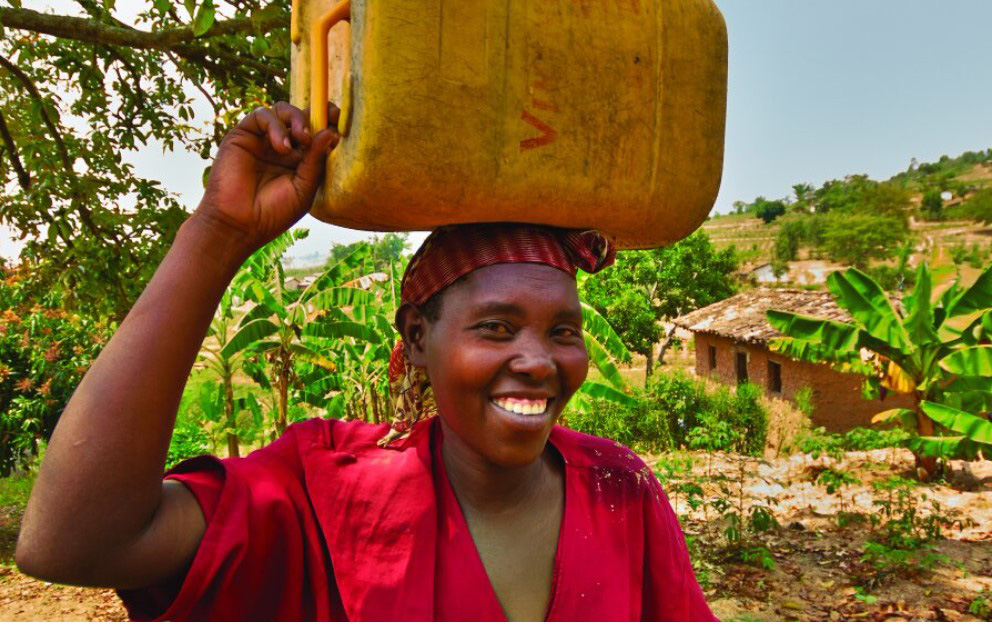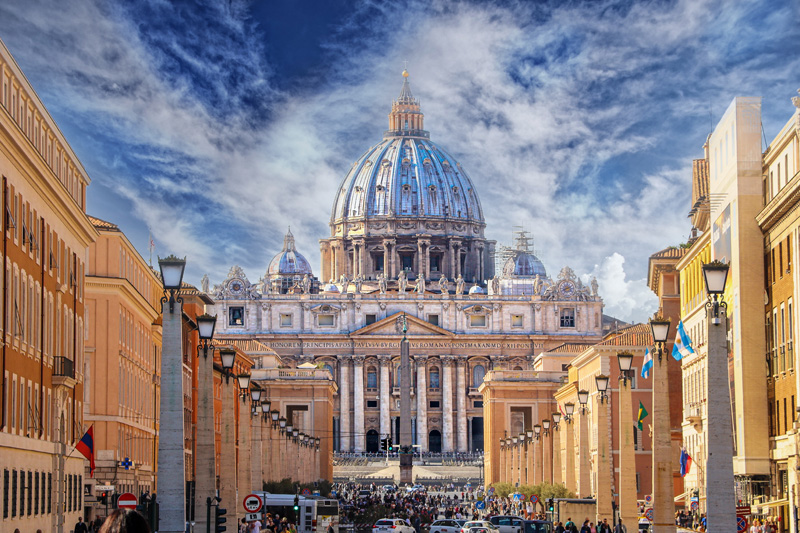
Official Journal of the Archdiocese of Glasgow
February 2022

Synod

A new website has been launched in the Archdiocese to support the worldwide process of listening and consultation requested by Pope Francis as part of the Synod.
Read more…
Water

A priest has been left ‘blown away’ by the generosity of his parishioners who raised over £4000 to provide four wells for African villages.
Read more…
Church

Pope Francis has approved “Pilgrims of Hope” as the motto for the next Holy Year planned for 2025.
Read more…